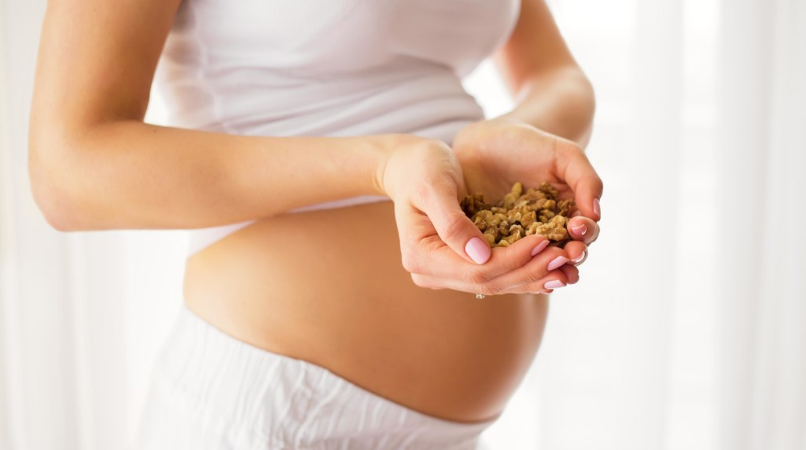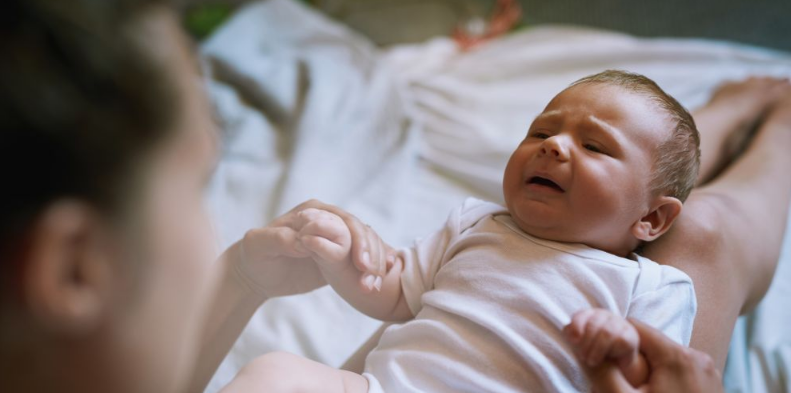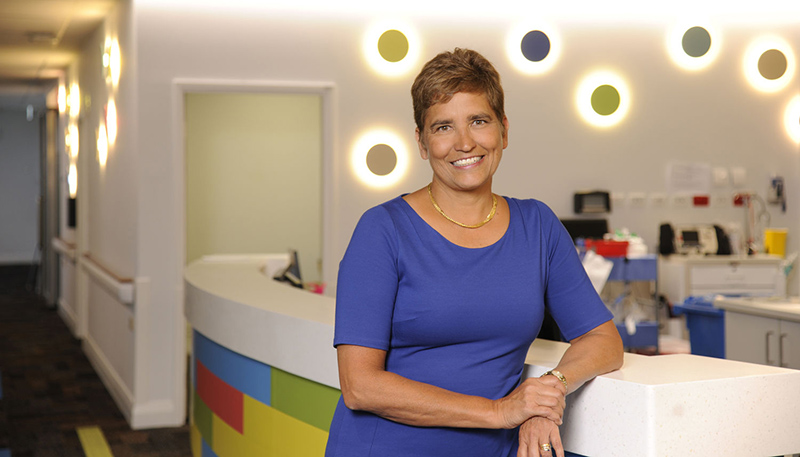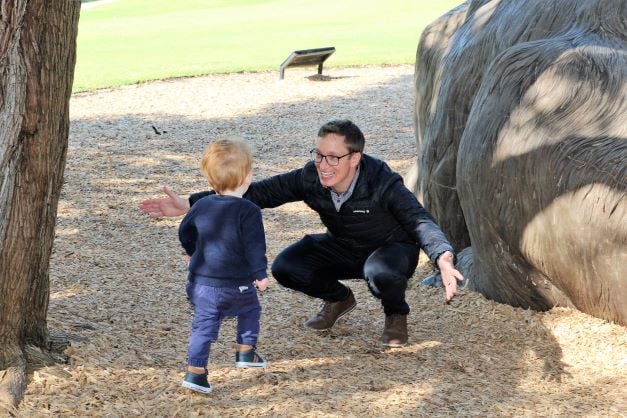Search

News & Events
When food attacksOne in every four children will suffer from eczema and asthma, and one in every 10 will have at least one food allergy.

News & Events
When babies won’t stop crying – infantile colicExcessive crying – for more than three hours in a day, more than three days a week – is often referred to as infantile colic.

News & Events
What medicines can I safely use during pregnancy?Something we’re commonly asked is whether a prescription, over-the-counter, vitamin or herbal medicine is safe to use during pregnancy. ORIGINS pharmacist Stephanie Dimitrov-Zeller provides some great advice for expectant mothers.

News & Events
Professor Desiree Silva named WA Rising StarThree local legends who are changing the world have been named as this year’s WA Rising Stars – including the ORIGINS Project Co-director and head of paediatrics at Joondalup Health Campus, Professor Desiree Silva.
Instructions on the various antenatal samples collected by the Origins project and how to collect them.
Community links and support services
Strengths-based, tiered, accessible, resources and supports (STARS) for Kids for parent, carers and their children.

Access world-leading evidence from Australia’s largest longitudinal birth cohort study, uncovering how early environments influence the development of chronic disease across a generation.

This study is aiming to investigate how sun exposure and time outside impacts the health of your child’s eye and eye growth, over a period of rapid growth in their lives.

Exploring the challenges to mental and physical health fathers face during their transition to parenthood.
